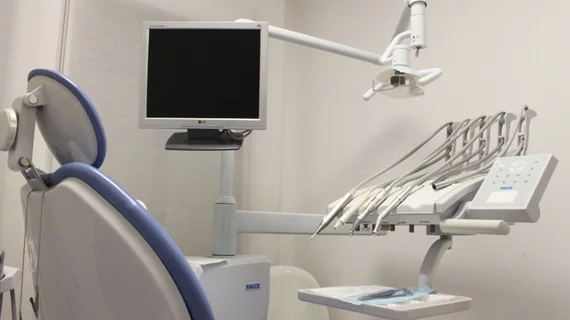Almost 40% of Americans delayed healthcare due to COVID-19
The COVID-19 pandemic upset nearly all areas of life, with many Americans putting off routine healthcare services and elective procedures. According to a recent survey from Insure.com, almost 40% of respondents put off some health services.
The healthcare service most Americans were likely to delay was dental visits (21%), followed by primary care (18%), eye doctor (14%), specialist (12%), physical therapy (10%) and mental health (8%).
Delaying healthcare could lead to more problems down the road, with patients potentially being diagnosed when conditions are more advanced and harder to treat.
“Many undiagnosed conditions may have gone untreated, such as early stage hypertension, diabetes and cardiovascular disease,” Gail Trauco, a patients rights advocate and founder of The PharmaKonLLC and Medical Bill 911, said in the Insure.com report. “For example, long-term undiagnosed hypertension may cause permanent kidney damage and require immediate hospitalization on diagnosis. It can lead to required dialysis and even kidney transplant.”
Many healthcare providers closed their offices for nonessential and elective procedures during the early days of the pandemic to reduce the risk of spreading the virus and preserving healthcare resources for COVID-19 patients and hospital workers. Many patients also put off care even when available for fear of exposure to the virus.
Additionally, there may be a surge for certain services, such as dentistry, as Americans become more comfortable returning to normal as the national vaccination program continues to unfold. In addition, delayed care may lead to higher health insurance costs as people use more care. Of survey respondents, 35% said they expected to use more healthcare services over the next year, while 42% said they weren't sure and 23% said they were not likely to use more care.
With additional healthcare needs expected, it is likely that telehealth will play a major role. Telehealth took off during the pandemic as an alternative to in-person care, but its easy accessibility and lower price point will likely help it stick around after the crisis subsides.

